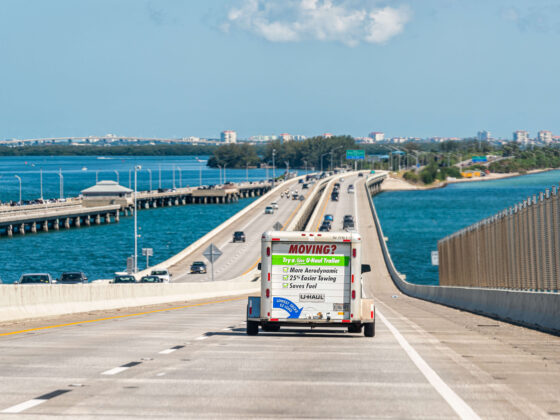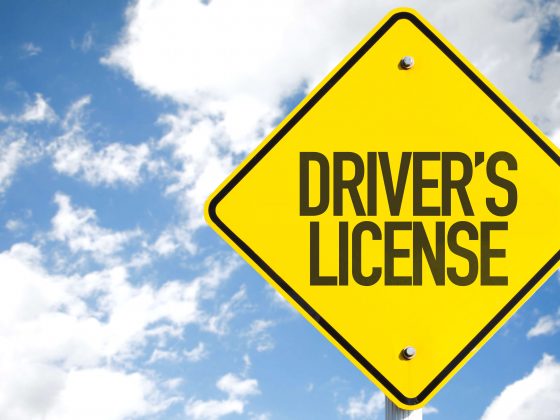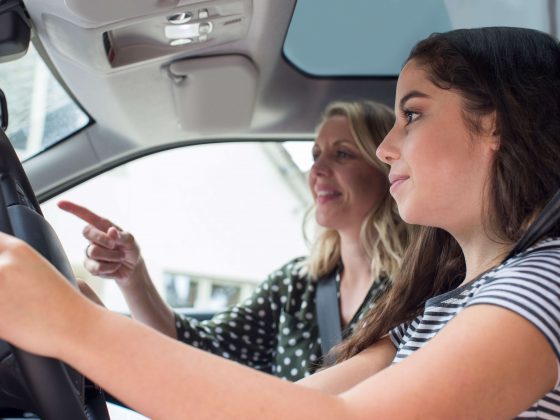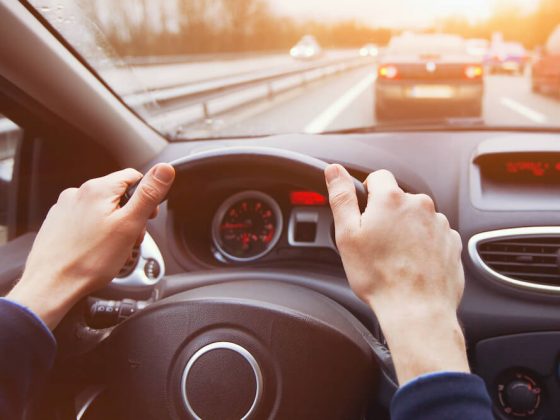Learning to drive without a car is not as hard you may think it is. In fact, many people are applying for a driver’s license without owning a vehicle and that’s fine.
Use eTags© to Quickly Complete Your DMV Service. Renewals, Title Transfers and More, All Online!
However, the process of getting a license can be a real challenge since the rules vary from state to state, especially if you do not own a vehicle.
Perhaps the best advice is to remain focus on your goal and be proactive about your driver’s license application.
There is no reason to rest on your laurels so do your homework.
Check with your local DMV for more details about driver’s license applications and create a checklist to make this procedure less complicated.
Having said that, here is a proven guide on how to get a driver’s license without a car.
Start by getting your learner’s permit
Typically, most states requires applicants to get a learner’s permit several months in advance before taking the road test.
Regardless of your location, you will need to book an appointment with the DMV and be prepared for the written test, which is an examination that evaluates your knowledge about responsible driving and traffic rules.
You can study by requesting a driver’s handbook which covers all the topics that you need to learn beforehand.
Drivers are also required to take a vision and hearing test, but it is always advisable to verify with your local DMV agency to find out more about those state-specific requirements.
Never forget to carry your glasses or hearing aids to avoid delays or even failing your test.
Book an instructor right away
Getting your permit is a first milestone worthy of a celebration but that’s not it. You will need to enhance your driving skills, even when you are already familiar with the process.
Instructors, for example, offer guidance on defensive driving and on-the-road, safety practices. Always rely on them until you feel 100% confident about your ability to drive safely.
Unlike learning with friends or relatives, driving instructors are trained to answer your questions and address any issues you have in every session.
Keep in mind that your driving instructor’s primary goal is to help you pass the road test. So feel free to ask them as many questions as you wish to succeed.
In addition, some states require candidates to take part of certain driving education courses in order to keep enhancing their skills and raise safety awareness.
In Texas, for instance, candidates under 25 are required to take a 6-hour course online or in classroom, while everyone else needs to watch a video about driving prior to the test.
Practice is everything
Once you complete your driving lessons, find places in your area where you could practice and gain more confidence.
You can always get a friend with a valid license to take you to a car rental office and order a vehicle that you can use for practice.
Rental cars is an ideal choice for candidates who are looking for affordable ways to polish their driving skills.
Though keep in mind that many car rentals do not let unlicensed drivers to operate their vehicles as stated in their policies.
Hence, if you get involved in a crash, these companies may not be paying for your damages. A good advice is to make sure you and your friend/relative trust each other to an extent that everyone knows what to expect from each other.
You can always be creative by posting on sites, like Craigslist, about your interest in booking a car for practice.
You will need to explain them that you actually completed your driving lessons and need more practice, otherwise people won’t be able to trust you.
Once you get a vehicle, try to visit the location where you will be taking the test so as to feel more prepared for the unexpected.
Pass the road test
As you’ve already expected, you will be assigned an examiner to evaluate your performance while on the road.
Note that some states require drivers to borrow or rent a car while others let the examiners use their own vehicles for testing.
Smart drivers book their test in days when they feel more confident about their skills and the weather is favorable.
Always project confidence during the exam which is the first thing examiners pay attention to.
You are advised not to make short conversations nor distract the examiner otherwise your test won’t end up well.
At the same time, don’t let examiners intimidate you and follow the instructions accordingly. If you fail the road test, take it like an opportunity to fix your mistakes rather than feeling bad for yourself.
Yet, you shouldn’t go back home without asking the examiner for feedback to find out which areas of the test you need to improve in the future.
In some states, you will need to pay an extra fee for every test you take, which helps you take things more seriously at the end of the day.
California, for example, require drivers who failed the test restart the whole procedure, which really makes things more tedious and complicated.
To avoid negative outcomes, make sure you book your exam whenever you feel confident about succeeding.
The more you practice, the better!
SEE ALSO: What You Need To Know About The Dangers Of Slow Driving









5 comments
if you dont have a car to take the test you will never get your license point blank!!!!!!
Not necessarily. If your state allows for third party road tests from approved institutions, they more than often allow you to test in one of their cars which are covered in case of accidents. Then, if you pass, you just take the slip to your actual dmv for your license.
Thats some of the best information I’ve read up on…
Nice Information
Great information…